12 Benefits Of Turmeric Tea, Preparation, And Side Effects
Shed those extra pounds and keep your mind sharp with this medicinal tea.

Image: Shutterstock
Turmeric tea benefits will make you crave a cup or two. The traditional Chinese and Indian medical systems have used turmeric for thousands of years. You can use turmeric in your diet in many different ways. Turmeric tea may help reduce inflammation, enhance sleep quality, and promote overall wellness. It also helps treat acne, promotes heart health, and cleanses the liver. Turmeric is used extensively in ayurveda, as a natural remedy for various ailments. This article discusses the benefits of turmeric tea, how to use it, and any potential side effects. Keep reading.
 Know Your Ingredient: Turmeric Tea
Know Your Ingredient: Turmeric TeaWhat Is It?
A drink made by brewing turmeric powder or root in hot water.
What Are Its Benefits?
It is famously applied to soothe inflammations. With its antioxidant properties, it also helps boost the immune system and improves digestion.
Who Can Use It?
It may be beneficial for individuals with inflammatory conditions or to support the immune system.
How Often?
It is advised to consume 0.5-2g of turmeric daily.
Caution
May interact with certain medications, including blood thinners and diabetes medications.
In This Article
What Are The Benefits Of Turmeric Tea?
Wondering why everyone’s raving about turmeric tea lately? Well, grab your cup because we are about to spill the tea on turmeric benefits that go beyond just a cozy sip. Stick around to see how this golden drink can seriously boost your wellness game!
1. Turmeric Tea Fights Inflammation

There are hundreds of studies that speak of curcumin, the compound in turmeric that fights inflammation (1). Further research also tells us that ibuprofen and aspirin, two of the popular anti-inflammatory drugs, are not as effective as curcumin in turmeric when it comes to fighting inflammation (2).
These properties of turmeric also make it a good treatment for arthritis and gout symptoms (3).
Madelyn, a cooking blogger, has Crohn’s disease and talked about how turmeric tea helped ease multiple symptoms, in one of her blog posts. She said, “After 2 weeks of consistent drinking, I noticed I do not get as bloated as I used to, I have seen a reduction of the inflammation inside my lids from my eye allergies (i).”
2. Aids Cancer Treatment
The curcumin in turmeric was proven to have anticancer effects. In fact, the compound exhibited the best effects on cancers of the bowel, skin, breast, and stomach. Also, the antioxidant properties of curcumin can reduce swelling and inflammation that are so often associated with cancer.
Further research also tells us that curcumin can make chemotherapyi A treatment done to destroy cancer cells in the body, slow down their progression, and prevent any tumor growth. more effective (4). What’s even more interesting is the selective action of curcumin – several studies have found that the compound targets only the cancerous cells, leaving the healthy cells unaffected (5).
3. Aids Diabetes Treatment

One 2013 review of multiple studies states that the curcumin in turmeric can lower blood glucose levels and, on top of that, relieve several other diabetes complications (6).
Turmeric tea can also stabilize blood sugar levels and make diabetes far more manageable. More importantly, taking turmeric tea regularly (or even including turmeric in your regular diet) can even prevent diabetes altogether. This is because curcumin optimizes the functioning of the beta cells in the pancreas that produce insulin. It can also treat liver issues, which are quite common in patients with diabetes.
4. Treats Alzheimer’s

Alzheimer’s disease affects brain functions by inducing inflammation, oxidative damage, and metal toxicity – all of which were found to be countered with the help of curcumin in turmeric tea (7).
Another study says that curcumin can improve memory and mood. Curcumin’s ability to reduce brain inflammation has also been linked to improvement in depression (8).
5. Boosts Immunity
The anti-inflammatory properties of turmeric can help boost immunity.
It also reduces and even prevents the impact of pro-inflammatory cytokines, and this is another way turmeric enhances immunity (9).
6. Enhances Heart Health
Studies show that curcumin can reverse heart disease. The antioxidant effects of the compound can reduce the risk of different forms of cardiotoxicityi Heart damage caused by cancer treatment, drugs, or radiation exposure that hinders the organ from pumping blood. and prevent heart complications related to diabetes (10).
Curcumin has also been found to improve the health of the endothelium, which is the lining of the blood vessels. As endothelial dysfunction is one major cause of heart disease, curcumin plays a crucial role here (11).
Further research also shows that curcumin can prevent clogged arteries. The compound can reduce deposits in the arteries, thereby preventing heart disease and heart attacks (12).
7. Might Promote Weight Loss
Weight gain causes fat tissue to expand, and new blood vessels are formed as a consequence. But studies show that intake of curcumin can prevent the formation of these blood vessels. This means less fat gain and, eventually, weight loss. However, more research is required before we arrive at any conclusion.
8. May Treat Uveitis

Also called eye inflammation, it is one of the degenerative conditions of the eye that can affect vision (13). However, we need more research before arriving at conclusions.
9. Cleanses The Liver
The curcumin in turmeric tea had shown to improve liver detoxification. Intake of turmeric can also increase the levels of glutathione S-transferase, an enzyme produced by the liver that protects the organ from oxidative stress and damage.
Other studies state how curcumin can reverse liver cirrhosisi A condition where the liver suffers chronic damage from the development of scar tissues, frequently caused by hepatitis and alcohol use. to some extent. This can be attributed to the antioxidant properties of the compound (14).
10. Boosts Sleep
We have already seen that curcumin can improve mood – and this invariably improves your sleep as well. Intake of curcumin was also found to relieve anxiety and prevent oxidative damage – factors that might otherwise cause sleep issues.
11. Turmeric Tea Helps Treat Acne

The antioxidants in turmeric and the compound curcumin can work wonders for your skin health. You can mix a tablespoon of turmeric with some water to make a paste. Apply to your face and leave it on for 30 minutes before washing off with cold water. You can repeat this daily.
 Did You Know?
Did You Know?12. May Help Ease Cough
Turmeric tea consumption may help in alleviating cough and other respiratory issues. It contains curcumin, a compound known for its antioxidant and anti-inflammatory properties. These properties may help soothe the throat, reduce irritation, and provide relief from a persistent cough (15).
It also has antiviral properties that may help prevent flu and its respiratory symptoms. It may work well against the influenza-causing virus by helping the immune system respond better to protect the lungs from damage (15). Additionally, the tea’s warmth can have a comforting effect on a sore throat. However, if you notice a persistent cough, talk to your doctor for a proper diagnosis of the underlying issue.
Those are the benefits of turmeric tea. Quite amazing, aren’t they? By the way, how about getting to know about the preparation of the tea?
Key Takeaways
- Turmeric usage may offer pain relief for body aches and swelling. It might also be useful for preventing chronic diseases, and heart diseases and aid in cancer prevention.
- Its consumption is linked with improved digestion, and blood sugar levels.
- Consuming turmeric tea regularly may worsen gallbladder issues.
- Consult your doctor before consuming this tea if you have diabetes.
How To Prepare Turmeric Tea
You can prepare the tea with turmeric powder. You can either buy it from the market or grate and ground whole turmeric right at your home. Here are the steps to follow:
- Add 1 to 2 teaspoons of ground turmeric to 4 cups of boiled water.
- Allow the mixture to simmer for about 10 minutes.
- Strain the tea into a cup or container and let it cool down a bit.
You can also add some honey to the tea to sweeten it. Honey also has antimicrobial properties that offer additional benefits. You can also add some black pepper or lemon or even the juice of ginger.
 Did You Know?
Did You Know?Simple, isn’t it? But can this tea have side effects?
What Are The Side Effects Of Turmeric Tea?
- Issues During Pregnancy And Breastfeeding
During pregnancy, turmeric tea can stimulate the uterus. Not enough information is available with respect to turmeric and breastfeeding. Hence, avoid use in both the cases.
- Gallbladder Issues
Turmeric can aggravate gallbladder issues. Don’t use it if you have gallstones or any other issues with the gallbladder.
- Diabetes
Though this is a benefit, we suggest you check with your doctor as turmeric can lower blood pressure way too much in diabetes patients.
- Infertility
Turmeric might decrease sperm count in men when taken orally. This can reduce fertility.
- Iron Deficiency
Turmeric might interfere with iron absorption. Hence, people who are deficient in iron must take care.
- Issues During Surgery
Turmeric might slow blood clotting, which is why you need to stop taking it at least two weeks before a scheduled surgery.
Turmeric can interact with certain medications, potentially leading to adverse effects. So, before incorporating turmeric tea into your daily routine consult with a healthcare professional, especially if you have underlying health conditions or are taking medications.
Infographic: 5 Reasons To Add Turmeric Tea To Your Diet
Drinking turmeric tea can have a positive impact on your overall health. The curcumin present in turmeric offers a lot of benefits – from reducing inflammation to boosting immunity. Check out the infographic below for a recap of the best reasons to include turmeric tea in your diet.

Illustration: StyleCraze Design Team
The benefits of turmeric tea are varied and plentiful. It is great boost to your immune system and it may help reduce inflammation. It may help reduce the risk of cancer as well. Turmeric tea is especially good for diabetic patients as it may help control its symptoms and stabilize sugar levels. It is good for your heart and liver health. However, excessive use may have adverse effects. There has been concern that turmeric can cause issues during pregnancy, aggravate gallbladder disorders, or affect fertility. Consult your physician if you experience any side effects.
Frequently Asked Questions
How often can you drink turmeric tea?
Consuming turmeric tea once a day should suffice. And the maximum amount of turmeric you can take in a day is 2 grams. Half a teaspoon of ground turmeric makes one gram of turmeric.
What is the best time to take turmeric tea?
You can take the tea before bedtime.
How does turmeric tea compare to supplement forms of turmeric in terms of bioavailability and effectiveness?
Though there is no evidence to show a comparison between the effectiveness of turmeric tea and supplement forms, a study on the bioavailability of curcumin through turmeric showed that the body does not absorb curcumin very well (16). Therefore, consuming the supplement form may be more beneficial than turmeric tea. However, always consult your doctor before taking supplements.
How does turmeric tea helps to improve digestion?
Turmeric tea may help to improve digestion as turmeric’s anti-inflammatory, carminative, and choleretic properties may help protect the GI tract (17).
Is there any difference between fresh turmeric root tea and powdered turmeric tea?
Fresh turmeric root tea may have a bitter or spicy taste than powdered turmeric tea.
Can turmeric tea be used as an alternative to coffee?
Yes, turmeric tea can be used as an alternative to coffee as it is caffeine-free and you can consume it every day. You may also go for this herbal tea options available for consumption.
Illustration: Benefits Of Turmeric Tea Preparation And Side Effects

Image: Stable Diffusion/StyleCraze Design Team
Experience the incredible health benefits of turmeric tea. From reducing inflammation to improving digestion, click on this video to know more about this powerhouse beverage.
Personal Experience: Source
StyleCraze's articles are interwoven with authentic personal narratives that provide depth and resonance to our content. Below are the sources of the personal accounts referenced in this article.
i. Turmeric Teahttps://karma-free-cooking.com/2015/06/15/turmeric-tea/
References
Articles on StyleCraze are backed by verified information from peer-reviewed and academic research papers, reputed organizations, research institutions, and medical associations to ensure accuracy and relevance. Read our editorial policy to learn more.
- “Current nutraceuticals in the…”. US National Library of Medicine.
- “Nonsteroidal anti-inflammatory agents differ…”. US National Library of Medicine.
- “Turmeric”. Arthritis Foundation.
- “Curcumin: Can it slow cancer growth?” MayoClinic.
- “Curcumin and cancer cells…”. US National Library of Medicine.
- “Curcumin and diabetes”. US National Library of Medicine.
- “The effect of curcumin…”. US National Library of Medicine.
- “Curcumin improves memory and mood…”. UCLA Newsroom.
- “Spicing up of the immune system…”. US National Library of Medicine.
- “The protective role of curcumin…”. US National Library of Medicine.
- “Endothelial cell functions…”. US National Library of Medicine.
- “Therapeutic applications of curcumin…“. Journal of Clinical Medicine, MDPI.
- “Management of chronic anterior…”. US National Library of Medicine.
- “Pharmacological actions of…”. US National Library of Medicine.
- “Potential use of turmeric…” US National Library of Medicine.
- “Dietary Curcumin: Correlation between Bioavailability and Health Potential”. US National Library Of Medicine.
- “Efficacy of turmeric in the treatment of digestive disorders: a systematic review and meta-analysis protocol”. US National Library Of Medicine.
Read full bio of Temple Stewart
Read full bio of Ravi Teja Tadimalla
Read full bio of Arshiya Syeda
Read full bio of Aparna Mallampalli






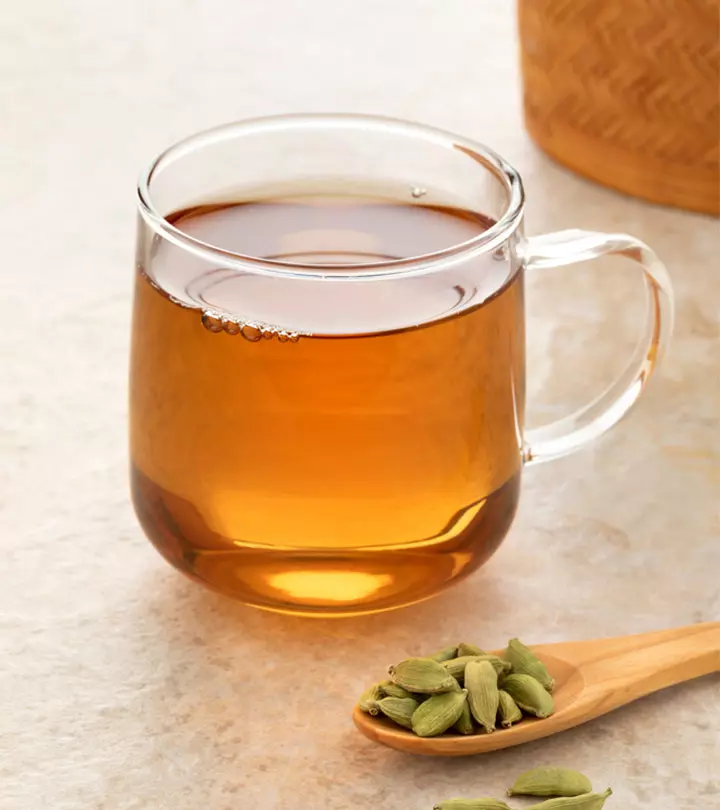
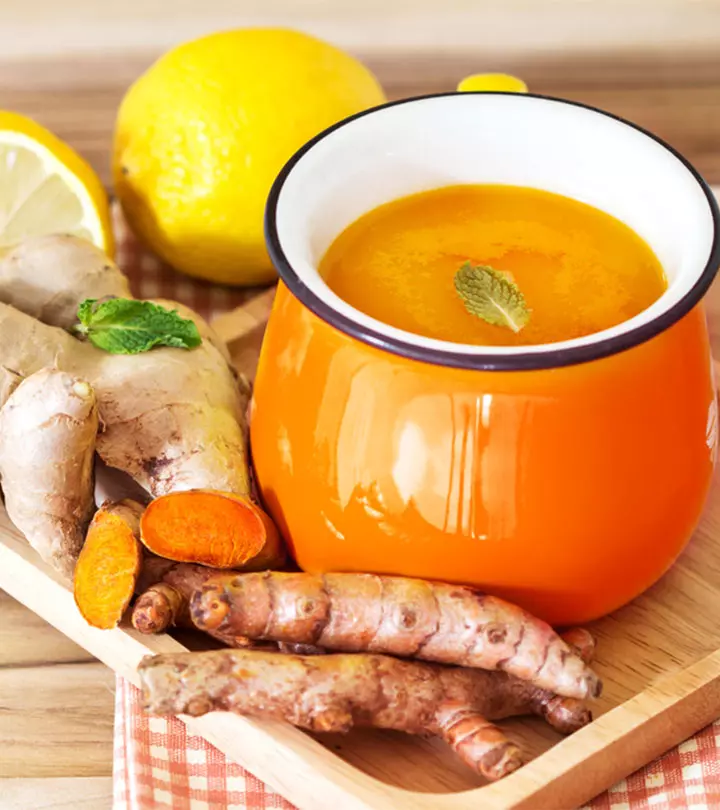

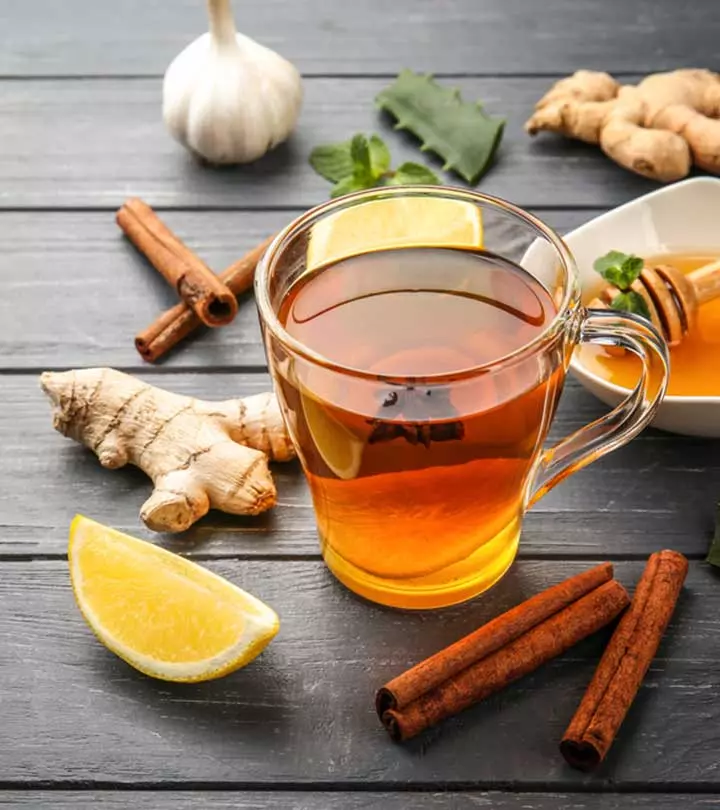
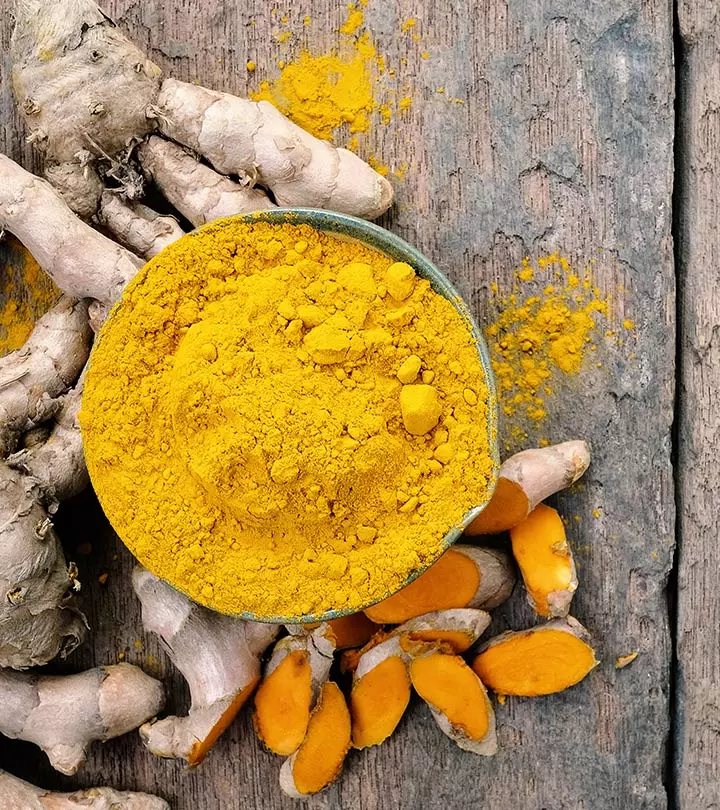

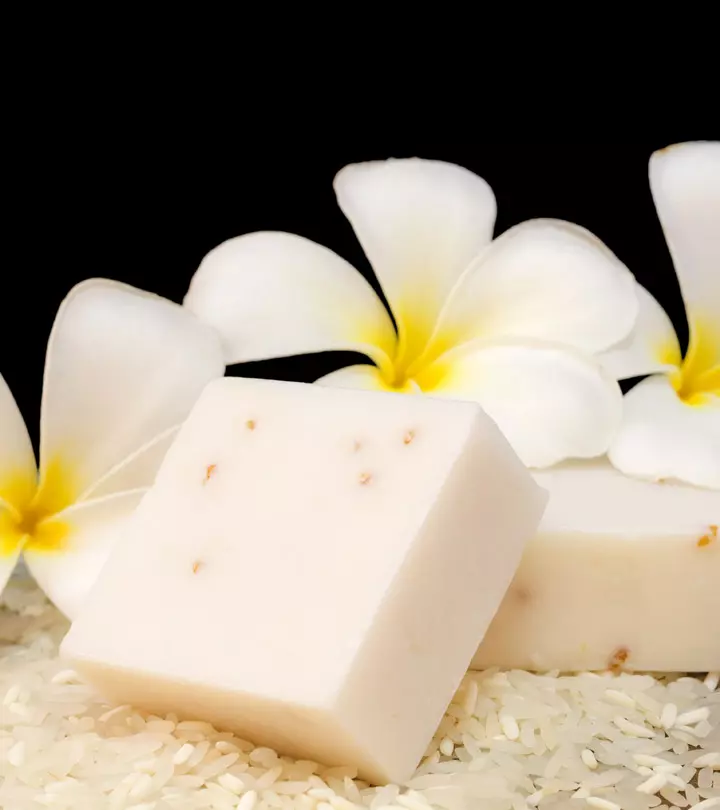
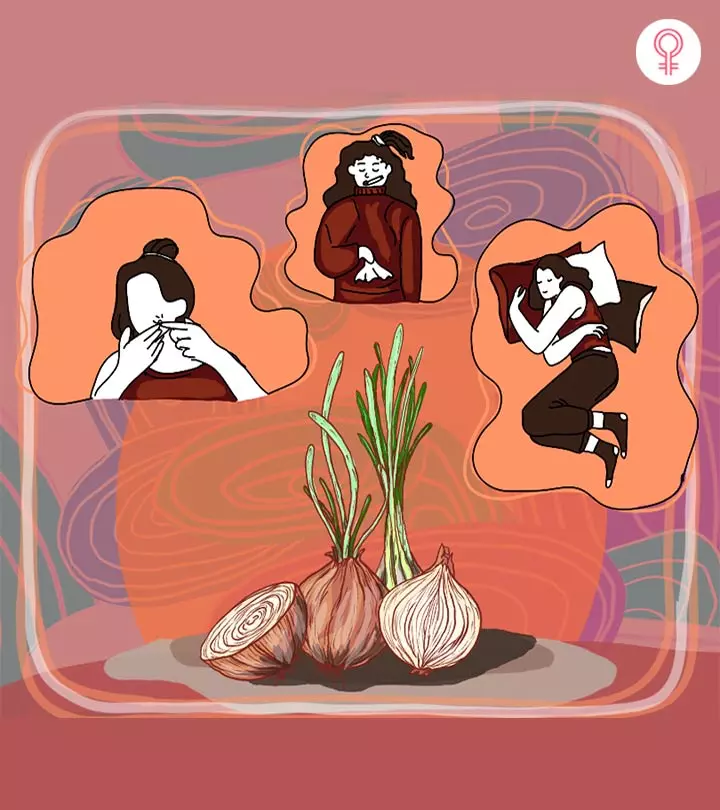


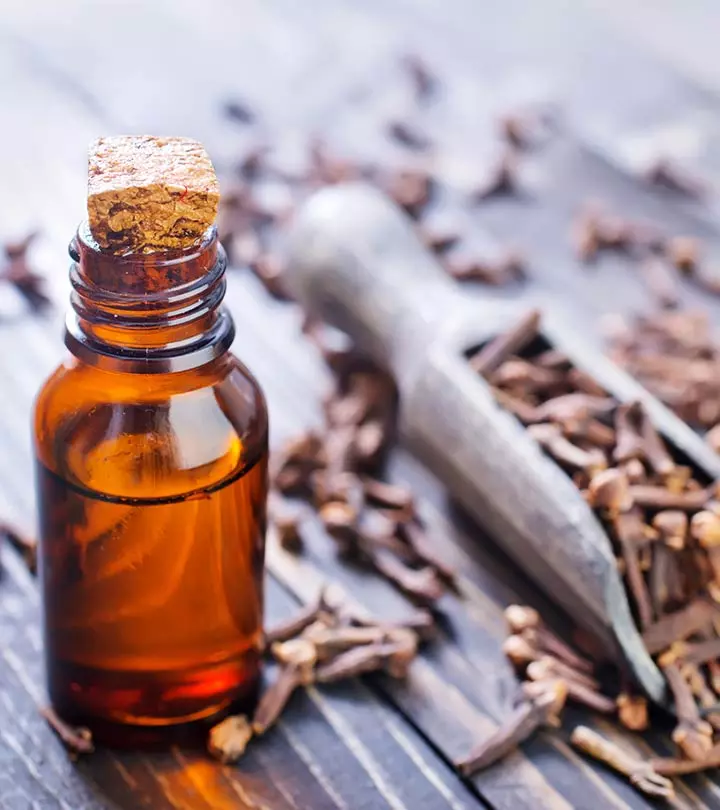


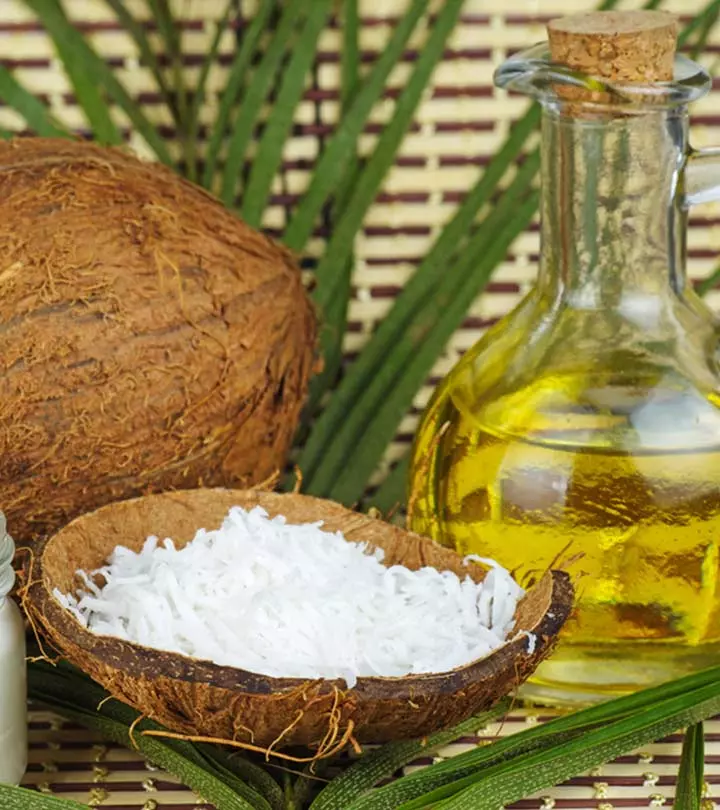
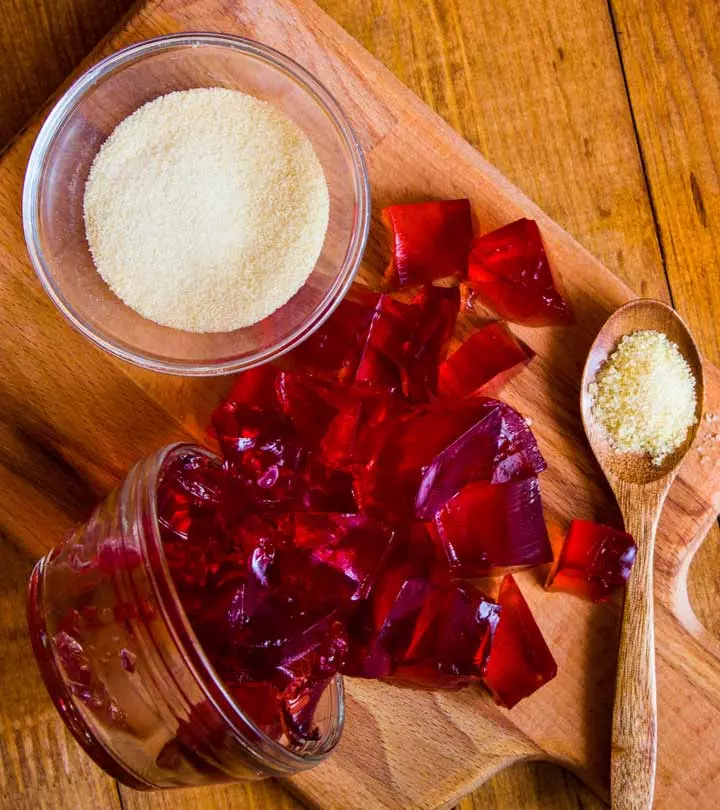



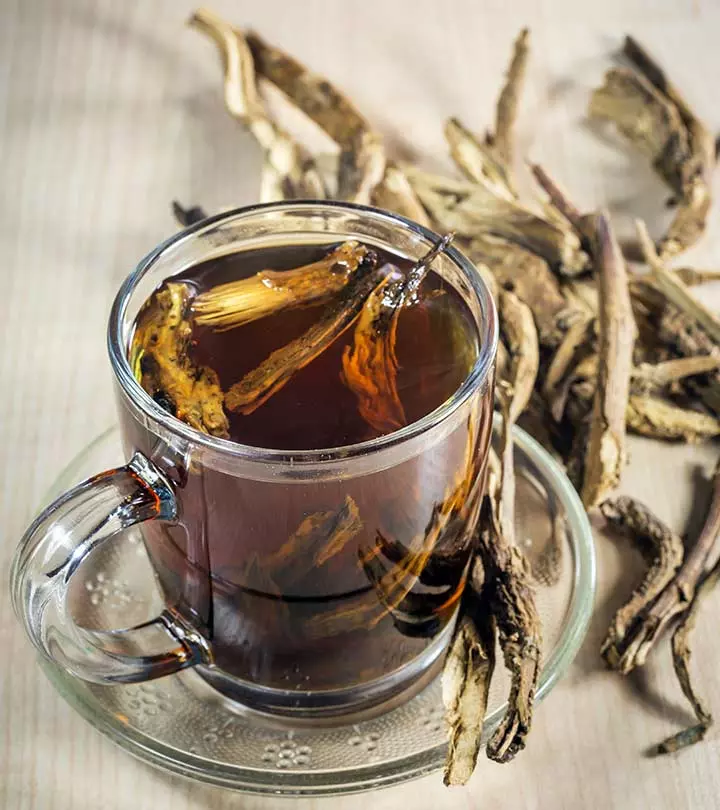


Community Experiences
Join the conversation and become a part of our empowering community! Share your stories, experiences, and insights to connect with other beauty, lifestyle, and health enthusiasts.